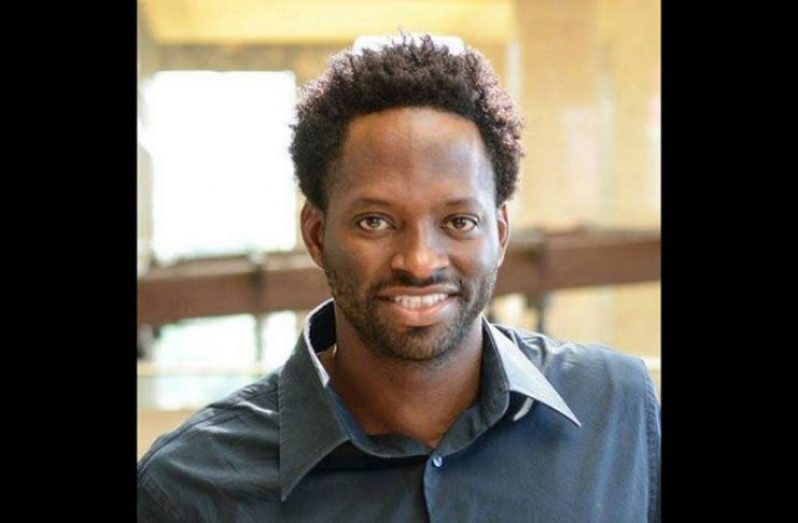ON Wednesday, the Society Against Sexual Orientation Discrimination (SASOD) will convene a stakeholder consultation meeting with government and non-government agencies regarding discrimination against Lesbian, Gay, Bisexual, Transgender, Queer (LGBTQ) persons in accessing public transportation in Guyana.
According to SASOD Managing-Director, Joel Simpson, among those invited are Transport and Harbour Department officials; the Guyana Police Force (GPF) Traffic Chief; head of the Guyana Competition and Consumer Affairs Commission; representatives of the United Minibus Association and the Guyana Taxi Service Association (GTSA).
Also to attend are representatives of the United Nations (UN) and representatives of the United States Agency for International Development’s (USAID) project on stigma and discrimination against LGBTQ persons.
The meeting is expected to be held at the Ministry of Public Infrastructure’s boardroom. Telling of what caused the need for the meeting; Simpson said that for years LGBTQ persons in Guyana have been discriminated against by both public transportation operators and passengers while simply seeking transport.
Even after the Caribbean Court of Justice’s (CCJs) November 2018 ruling that the criminalisation of cross-dressing in Guyana is “unconstitutional”, Simpson said that challenges have not lessened for LGBTQs in the transport sector.
He noted a recent case whereby the President of the Guyana Trans United (GTU) faced discrimination while travelling home which resulted in the individual being put out of the minibus.
The matter was reported to the police and eventually reached the courts whereby the minibus operator was fined.
“We said we needed to take it a step further with something on the prevention side,” Simpson explained.
“We don’t just want to be on the responsive side every time something happens then we run to the court. [We are assessing] what we can do to prevent it from happening in the first place.”
He said that when SASOD got word that a Minibus Code of Conduct was being drafted, the body was hopeful of being included in the process but with the crossdressing matter then still at the CCJ, they were unsuccessful.
The body intends to try to air their concerns once again through the upcoming stakeholders’ meeting.
They have met with the Public Infrastructure Ministry’s Transport and Harbours Department on two occasions and the UMU recently through which the engagement was agreed upon.
SASOD hopes that the meeting will bring about awareness to minibus operators and produce solutions moving forward.
“Some stakeholders just don’t know that LGBT persons – especially transgender and gender non-confirming persons – face this issue. It often times happens with minibus operators, but sometimes even when it is not an [act] of the conductors, its the passengers themselves and sometimes there’s a failure of the minibus operators to intervene,” Simpson said.
“These are cases where people just go into a bus, [are] sitting down quietly and people are attacking them; don’t want them to be in the same bus with them; comments like… ‘they will crass yuh bus and make it crash’.”
He added that SASOD wants to see preventative solutions come out of the meeting through the existing Code of Conduct and the country’s laws.
“Now that everybody is clear that the [law criminalising crossdressing] no longer exists. There’s no legal impediment for addressing the violence and discrimination in accessing public transportation,” he said.




.jpg)










